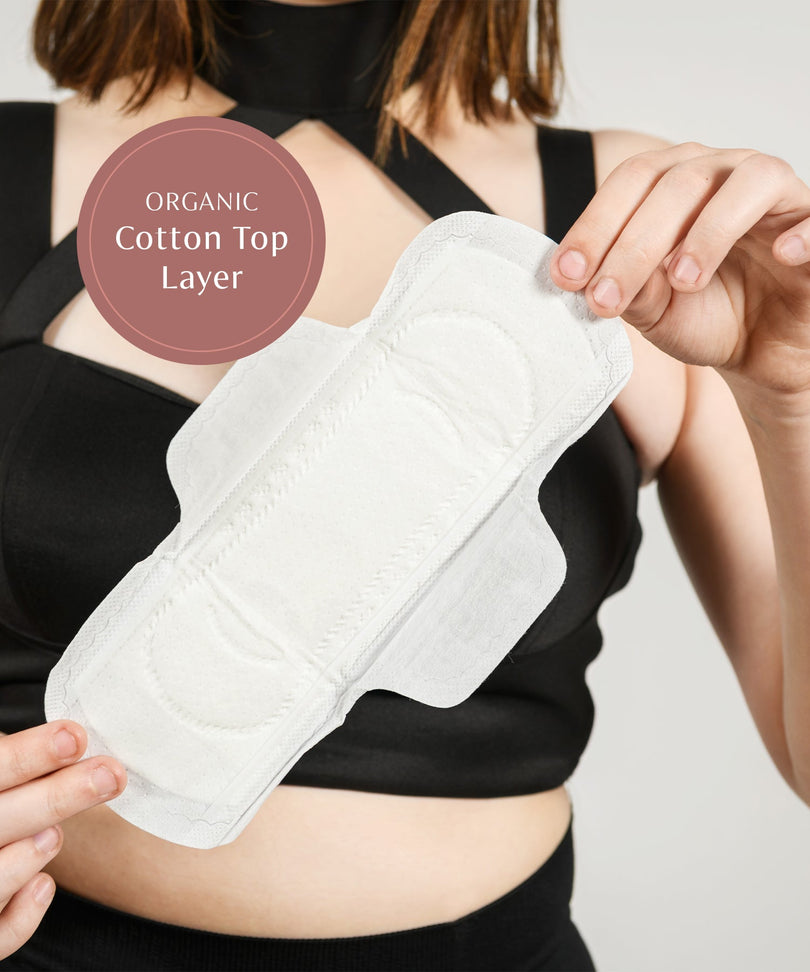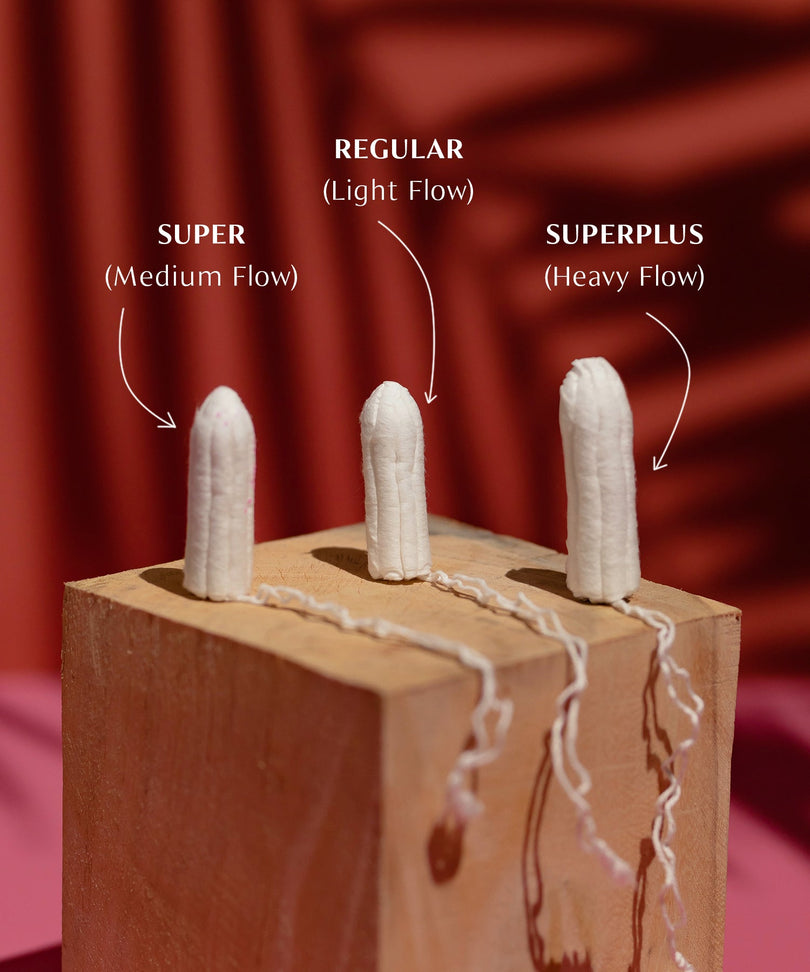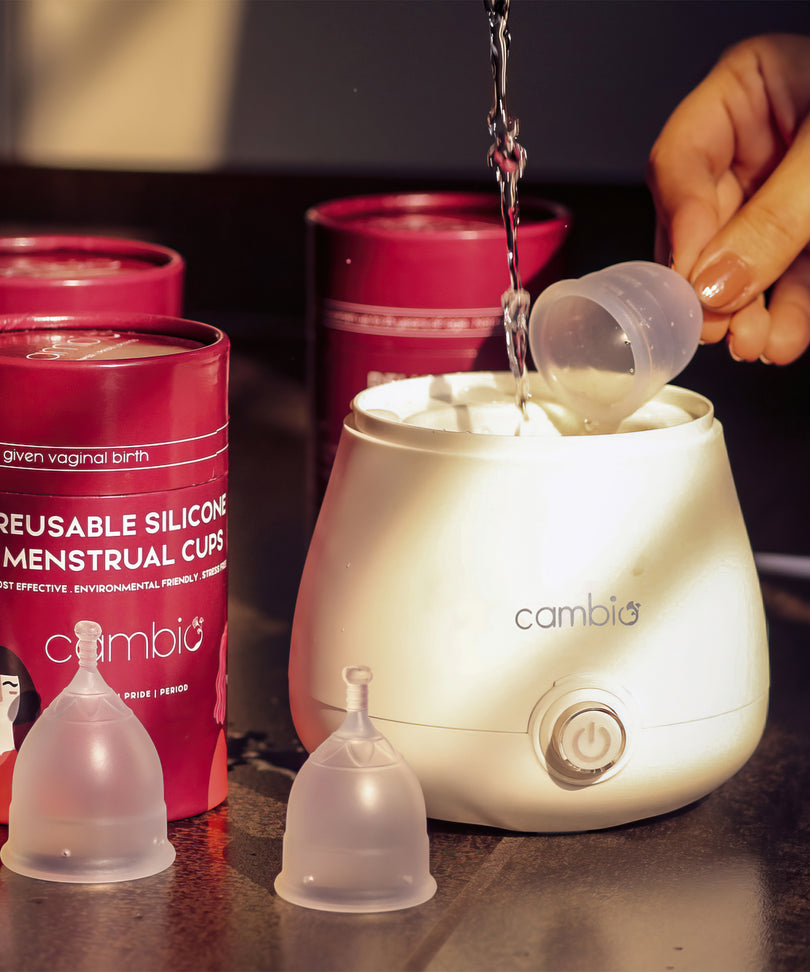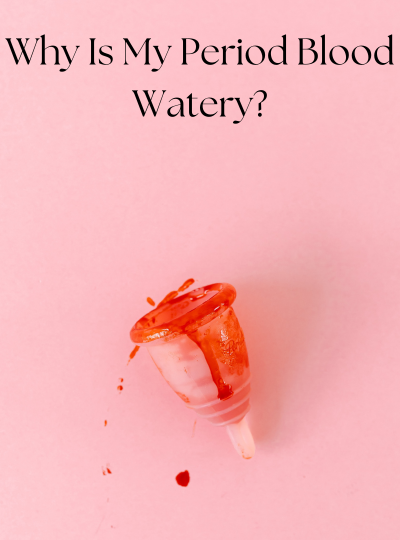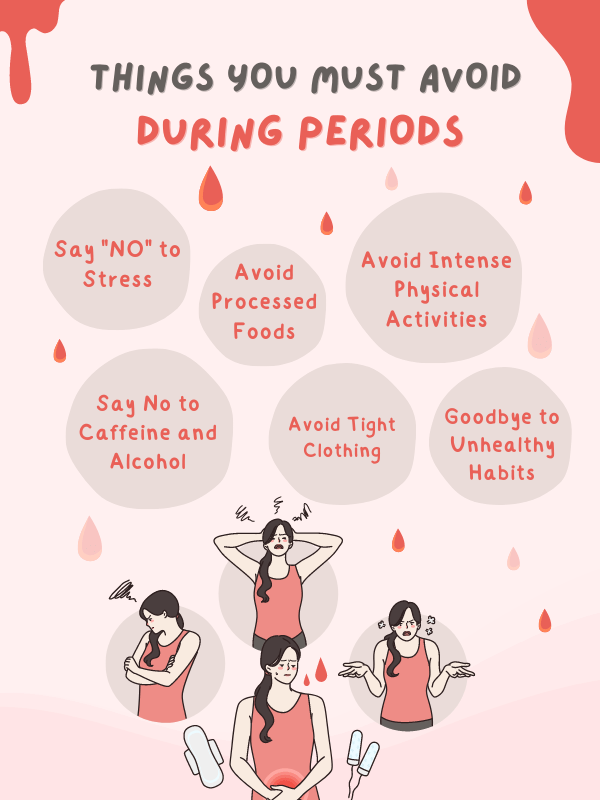Does intercourse affect your menstrual cycle?
No. During intercourse, especially around ovulation, there is a chance of fertilization, which can lead to pregnancy. If fertilization occurs, it can disrupt your regular menstrual cycle, resulting in a missed period.
Moreover, certain sexually transmitted infections (STIs) can also affect menstrual regularity. STIs such as chlamydia and gonorrhea, if left untreated, can lead to pelvic inflammatory disease (PID), which can cause inflammation and scarring in the reproductive organs.
This inflammation and scarring can disrupt the normal functioning of the reproductive system, and potentially lead to irregular menstrual cycles or even amenorrhea (the absence of menstruation).
Apart from sexual intercourse and STIs, various factors, including diet, exercise, and stress can also influence menstrual cycles. If you notice any significant changes in your menstrual cycle, it's a good idea to consult with a healthcare professional for further evaluation.
Does having sex affect your period pain?
Yes, having sex can potentially affect period pain, although the extent of the impact varies from person to person.
For some individuals, engaging in sexual activity during menstruation can provide relief from period pain or cramps. This is because sexual arousal and orgasm can trigger the release of endorphins and oxytocin, which are natural pain relievers and mood enhancers.
Additionally, the muscular contractions associated with orgasm may help to alleviate tension in the pelvic area, thereby reducing menstrual discomfort for some people.
However, some individuals may find that sexual activity worsens their period pain or discomfort, particularly if they experience sensitivity or tenderness in the pelvic region during menstruation.
Ultimately, whether sex helps alleviate period pain or not is subjective and varies from person to person.
If period pain is severe or persistent, it's advisable to consult with a healthcare professional to explore potential underlying causes and discuss appropriate management strategies.
Also read - Can having sex delay your period?
Does your period increase your sex drive?
Yes, for some individuals, menstruation can indeed increase sex drive.
During the menstrual cycle, hormonal fluctuations, particularly changes in estrogen and testosterone levels, can influence sexual desire and arousal. While some people experience a decrease in libido leading up to menstruation due to hormonal changes and physical discomfort, others may notice an increase in sexual desire during this time.
As estrogen levels begin to rise after menstruation ends, some individuals may experience heightened sensitivity and arousal, which can contribute to an increased desire for sexual activity. Additionally, the release of endorphins and other feel-good hormones during sexual activity may provide temporary relief from menstrual discomfort or mood fluctuations, further enhancing sexual desire for some individuals.
While some people may feel more sexually inclined during menstruation, others may experience fluctuations in libido throughout the menstrual cycle or may not notice any significant changes in sex drive during this time.
Also read - Can yeast infection delay your period?
Do contraceptives affect your menstrual cycle?
Yes, contraceptives can affect your menstrual cycle. Different types of contraceptives, such as birth control pills, patches, injections, intrauterine devices (IUDs), and implants, work in various ways to prevent pregnancy, and they can have different effects on menstruation.
- Birth Control Pills: Hormonal birth control pills contain synthetic versions of estrogen and progesterone, which can regulate and alter your menstrual cycle. Some pills are designed to shorten or lighten periods, while others may cause breakthrough bleeding or irregular spotting, especially during the first few months of use.
- Birth Control Patch: Similar to birth control pills, the patch releases hormones into your body to prevent pregnancy. It may lead to changes in your menstrual cycle, such as lighter or shorter periods, or irregular bleeding.
- Birth Control Injection: Injectable contraceptives, such as Depo-Provera, contain a progestin hormone that prevents ovulation. They can cause changes in menstrual bleeding patterns, including irregular periods, spotting, or even the absence of menstruation.
- Intrauterine Devices (IUDs): Hormonal IUDs release progestin into the uterus, which can affect your menstrual cycle. Some people may experience lighter periods, while others may have irregular bleeding or spotting, especially during the initial months after insertion.
- Implants: Birth control implants release a progestin hormone into the body. They can lead to changes in menstrual bleeding patterns, including lighter or irregular periods.
More to read

